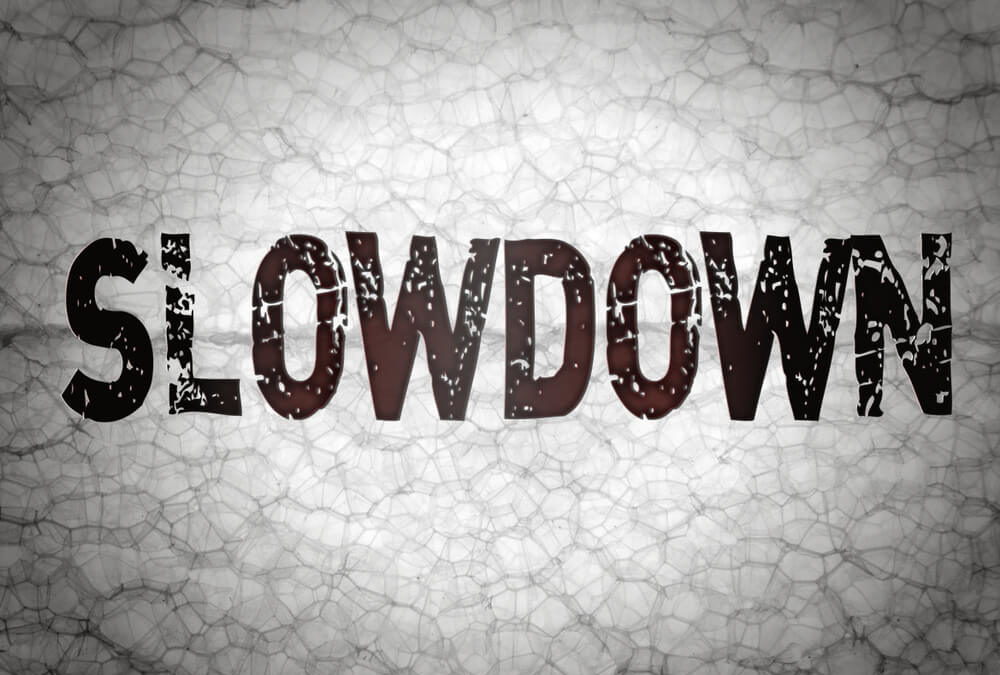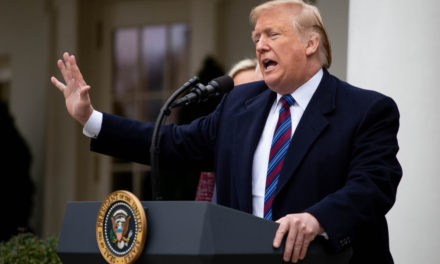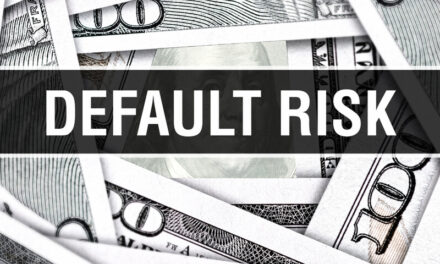December data from the Chicago Federal Reserve National Activity Index signaled that the U.S. economy was weaker than in November, which isn’t a great sign for a month that is usually bolstered by strong consumer spending during the holidays.
The CFNAI fell to -0.35 in December, according to a tweet from the official Chicago Fed, falling from +0.41 in November. Three of the four indicators that are tracked by the Fed index were negative. The only positive indicator was “Personal consumption and housing” at +0.03, which makes sense given the increased consumer spending leading up to the holidays.
Here is a breakdown of what the index tracks, per the Chicago Fed:
The index is a weighted average of 85 indicators of growth in national economic activity drawn from four broad categories of data: 1) production and income; 2) employment, unemployment and hours; 3) personal consumption and housing; and 4) sales, orders and inventories.
The Chicago Fed said the “reading suggests that economic growth was slower in December than in November” in the tweet announcing the news.
Led by declines in #production indicators, the Chicago Fed National Activity Index fell to –0.35 in December from +0.41 in November. This #CFNAI reading suggests that #economic growth was slower in December than in November. https://t.co/nJqDX5uI4u pic.twitter.com/UJF3PhqPHg
— ChicagoFed (@ChicagoFed) January 22, 2020
The national activity index was projected to hit +0.13 in December, so it missed the mark by a good bit. The November numbers were revised down to +0.41 from +0.56 as well, according to the report. The index shows negative readings in four of the last six months including a -0.60 in September and -0.74 October.
It’s not a good look for the U.S. economy that 12-time MarketWatch Forecaster of the Year Jim O’Sullivan projects will only hit 1.5% gross domestic product in 2020, driven downward by trade anxiety and political uncertainty leading up to the election in November.
“We don’t expect anxiety about trade to suddenly disappear, while domestic political uncertainty looks poised to rise,” O’Sullivan wrote in a recent note to clients.
That’s a stark contrast from what National Economic Council Director Larry Kudlow is projecting. Kudlow told CNBC on Tuesday the U.S. economy is in a “mini upcycle.”
“We’re now down to 2.5% to 3%. I’m looking for faster growth: I think we’re going to get 3% this year,” he said. “The trade deals will help, the Fed changed policy — that was very, very important.”
Trump has touted his economy, and many project that if it stays strong it will greatly increase his chances of reelection, but only time will tell if it can hold up throughout 2020.




